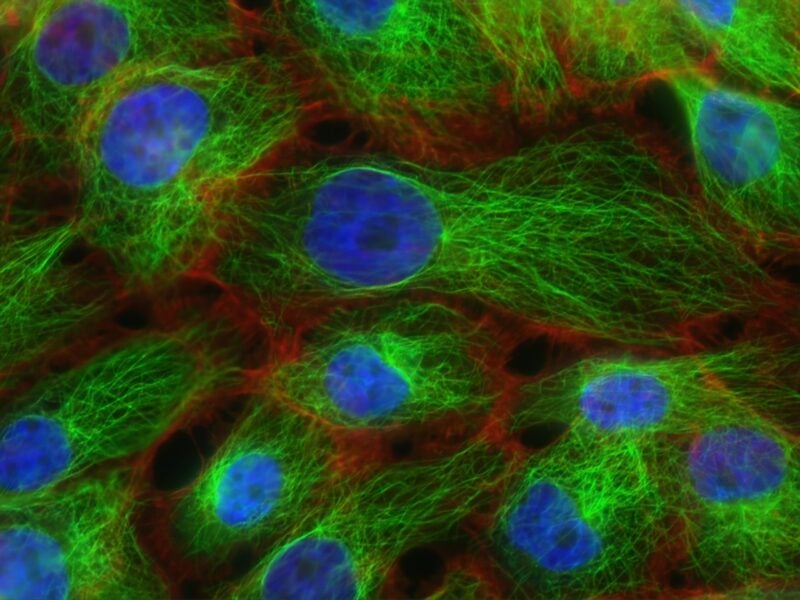
Xenetic Biosciences and Catalent Pharma Solutions have signed an agreement for the cGMP manufacturing of the Xenetic’s recombinant protein, Human DNase I.
Under the deal, Catalent will use its biomanufacturing capabilities in Madison, Wisconsin to advance Xenetic’s DNase clinical development programme and progress it to first-in-human studies.

Discover B2B Marketing That Performs
Combine business intelligence and editorial excellence to reach engaged professionals across 36 leading media platforms.
The interventional DNase based oncology platform of Xenetic is intended to boost outcomes of current therapies, including immunotherapies.
Xenetic has obtained exclusive intellectual property licence for usage of DNases in oncology including systemic co-administration of DNases along with standard treatments, such as chemotherapy, radiation and checkpoint inhibitors, or in combination with standard chimeric antigen receptor (CAR) T therapies.
The DNase platform can potentially act on neutrophil extracellular traps (NETs), which are web-like structures made of extracellular chromatin covered with histones and other proteins.
In response to microbial or pro-inflammatory challenges, activated neutrophils expel NETs. The over-production or lowered clearance of NETs can cause serious inflammatory and autoimmune pathologies and create pro-tumorigenic niches for cancer growth and metastasis.

US Tariffs are shifting - will you react or anticipate?
Don’t let policy changes catch you off guard. Stay proactive with real-time data and expert analysis.
By GlobalDataCurrently, Catalent is planning to carry out the first-in-human study to assess DNase in combination with immune checkpoint inhibitors or chemotherapy.
Xenetic Biosciences CEO Jeffrey Eisenberg said: “We are pleased to be working with a preeminent contract development and manufacturing organisation such as Catalent, and to have the opportunity to leverage their broad expertise and successful track record with early-stage development through commercial manufacturing.
“We are excited to take this step forward on the path to the clinic and look forward to investigating systemic DNase as an adjunctive therapy for locally advanced or metastatic cancers.”




